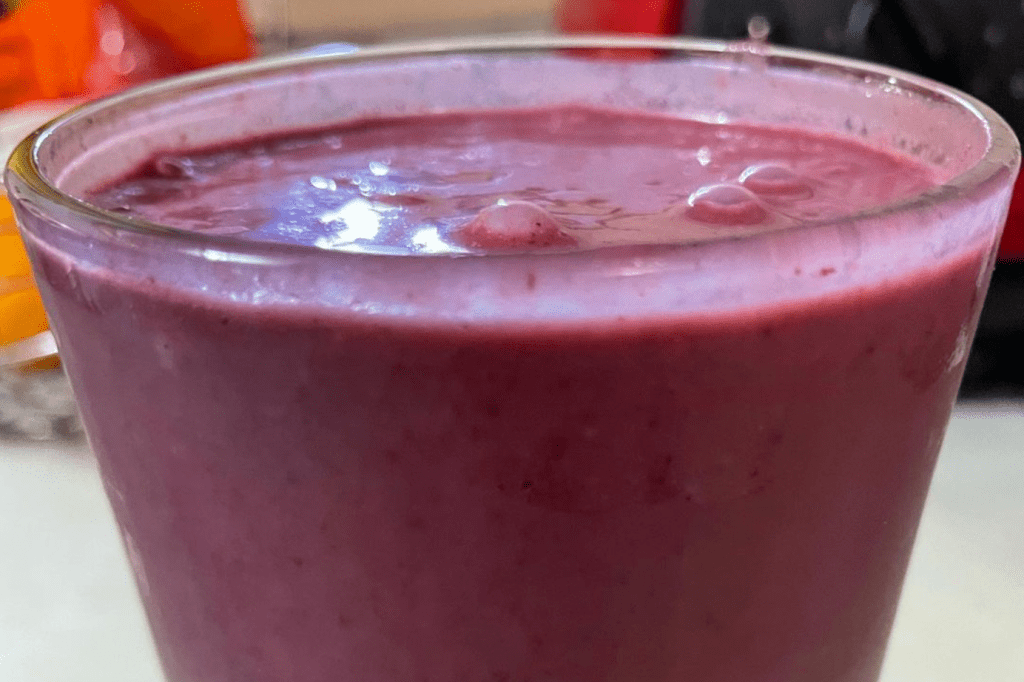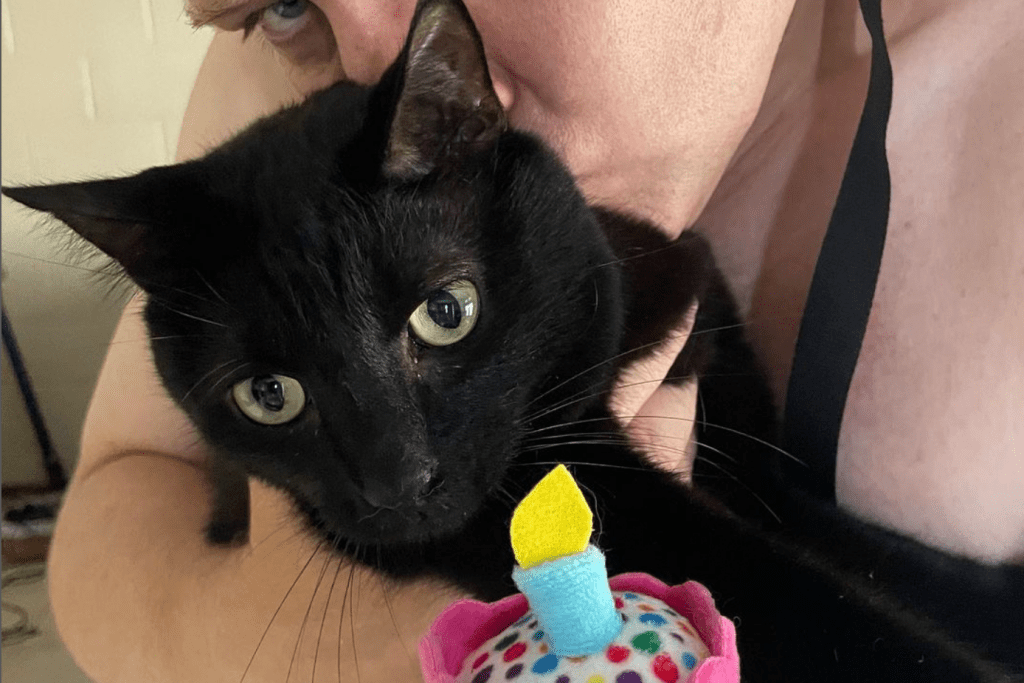Social media has a well-deserved reputation for spreading toxic negativity and misinformation. It’s refreshing, then, to find an account like I Choose Beauty on Instagram, where simplicity and joy take center stage.
The account’s creator, Sahar El-Hodiri Aker, started the I Choose Beauty movement ten years ago as a personal coping mechanism. The concept came to her in 2013, amidst personal struggles with depression and anxiety. Her therapist suggested she use a blend of cognitive behavioral therapy (CBT) and positive psychology to help dial into the upside of life. After walking past a bush she’d seen daily for months, she decided to heed that advice.
Watching TV Linked to a 43% Higher Risk of Depression
Machine Learning Prediction of Quality of Life During Antidepressant Treatment
Predictors and Risk Factors of Treatment-Resistant Depression
“My therapist asked me to try something that was based on research that shows that if you notice and appreciate beauty in life, you’re more likely to have joy and meaning in your everyday life,” she recalled. “And I was pretty skeptical but I thought I’m going to try it because I don’t know how else I’m going to get through the winter.”
As Aker stopped to admire and appreciate the bush for the first time, she snapped a photo. Later, she posted it on Instagram with the hashtag #IChooseBeauty. The next day she posted another image. Same thing the day after that and the day after that. Ultimately, she posted daily images of the ordinary-yet-inspiring for 3,000 days straight.

“It really saved my life. I was in a really bad place. I loved finding beauty,” she said.
The Power of Positivity
The impact of I Choose Beauty on Aker’s outlook was both immediate and profound. She said she noticed a significant shift in her mood, like a weight had been lifted off her chest. Combined with her ongoing professional therapy sessions, her growing gratitude for the present moment helped her overcome depression. Her Instagram feed became a canvas of hope, painted with small joys ranging from the simplicity of a morning smoothie to the serenity of a natural scene.

It’s not surprising that Aker’s project helped improve her mental health. Positive psychology, a branch of psychology that emerged in the late 1990s, has legions of supporters. Pioneered by psychologists like Martin Seligman and Mihaly Csikszentmihalyi, the philosophy shifts the traditional clinical focus on mental health dysfunction to mental health resilience. Rooted in the belief that people want to lead fulfilling lives, the goal is to cultivate happiness, meaning, and fulfillment in order to be “your best self”.
Cognitive Behavioral Therapy (CBT) is based on the idea that you can unwind unhelpful thinking and behavior patterns and replace them with more constructive strategies. CBT has a strong emphasis on practical, self-help techniques. There is evidence that it can be transformative for a range of mental health issues, including anxiety, depression, phobias, and stress-related disorders.
Not For Everyone
This isn’t to say that an optimistic mindset like I Choose Beauty is effective for everyone. Critics say that positive psychology can oversimplify complex mental health issues by overemphasizing positivity, potentially minimizing the significance of negative emotions and experiences. Some detractors believe that it can lead to unrealistic expectations about constant happiness. Critics argue that it’s not always productive to ignore the natural ebb and flow of human emotions or the value of addressing painful feelings.
But for Aker at least, the fusion of positive psychology and CBT has been powerful and effective. It helped her gain a new perspective. Her daily moment of appreciation allowed her to face her challenges and foster a sense of inner peace. She began to feel better able to cope and to live in a more balanced and satisfying way.
“It helped bring me a little bit of daily joy,” she said. “Just a little bit of time out during the crazy, messy, sad world we’re living in.”

Spreading the Word
What started as a personal endeavor soon resonated with others. Aker’s project created a space for people to share and celebrate their own moments of beauty. Though her 4,000 user following is modest by Instagram standards, she has built a close-knit and highly engaged community. Interactions with her followers go beyond simply posting. She frequently reaches out to commenters to discuss her personal struggles and triumphs as a way of connecting, relating, and supporting.

As her audience has grown, so has the breadth of I Choose Beauty. Aker introduced the 30-day I Choose Beauty Challenge, encouraging participants to find and share beauty in their lives for a month. She said the feedback has been overwhelmingly positive from her community and beyond. I Choose Beauty has been celebrated by organizations like Access Mental Health America, which highlights the role of such “DIY” tools in promoting mental health and well-being.
“I did it as a way to heal myself. And knowing that it helps others, I honestly just feel like this is my purpose in life. To have gone through what I did and to let other people know that there is hope, that there is light, and that looking for beauty, it can have so much impact – even if you don’t think it will,” she said.



